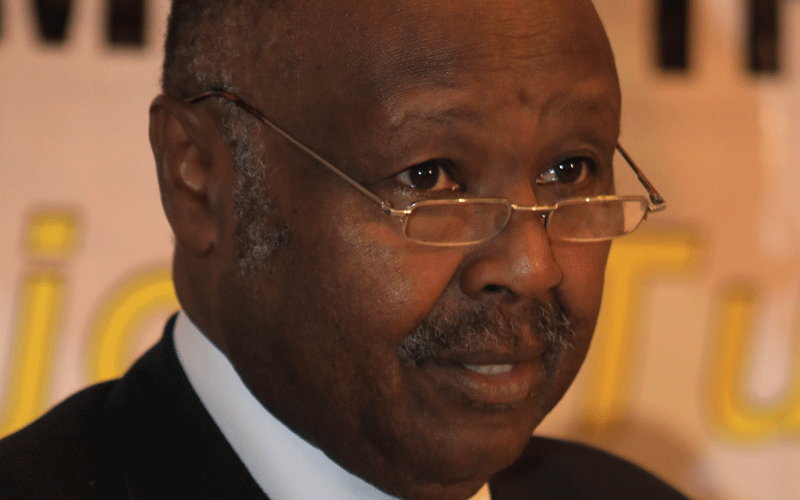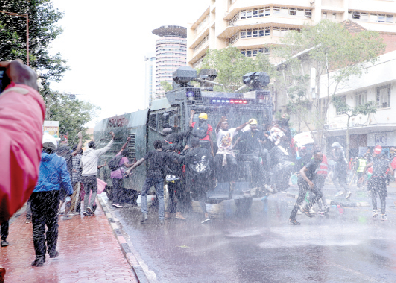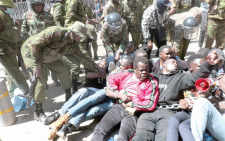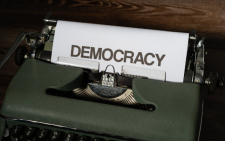Strategy on police mental health apt
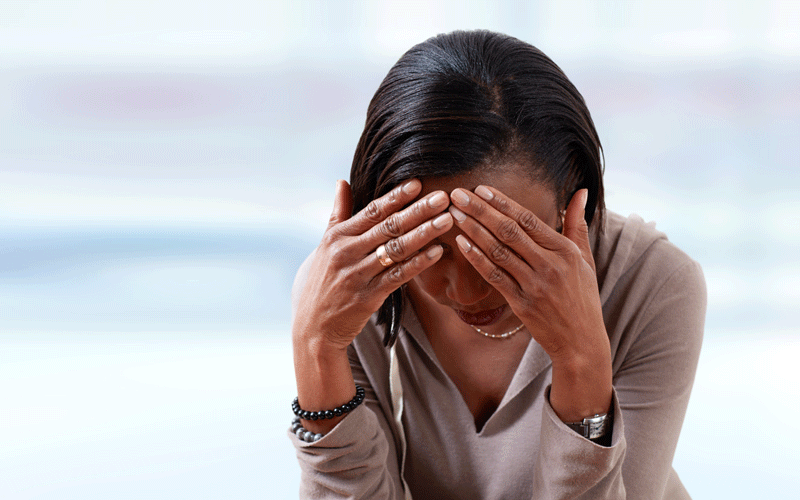
The state of mental health of police officers in the country has been a recurrent topic in both traditional and social media.
Stakeholders and the public have raised concern over increased cases of suicides, homicides and assault within the police services, calling attention to the dire situation.
It is shocking that three out of 10 officers are heavy drinkers and it is stress-related.
As such, the mental health awareness and sensitisation programme that brought together police bosses led by Deputy Inspector General of Police Edward Mbugua and National Chairman of the Mental Health Taskforce committee- Frank Njenga, is in the right direction as it will help highlight and address long-standing and emerging issues on mental health of police officers.
Studies have shown that police officers face some of the most stressful and dangerous situations in their daily duties.
However, they do not necessarily know how and where to raise such issues, leaving many of them to deal with it on their own, sometimes to violent outcomes.
In many other cases, their general wellbeing- state of being mentally healthy, is hindered by what they encounter thus interfering with their work and general health leading to behaviour such as alcohol and drug abuse, domestic violence, isolation and others.
The meeting comes against a backdrop of Muamko Mpya-Healing the Uniform, an initiative launched last year to enhance police officers’ sensitivity to issues of stress and trauma.
The plan aims to ensure that officers are open with each other in raising issues as well as giving senior officers tools to help their juniors navigate the situation.
Even with this progress, there is a need to address other issues affecting the wellbeing of officers from better working and living conditions to economic distress among others.
Sensitisation on mental health also needs to go beyond the service and include the community.
With this, the taboo and stigma surrounding mental health can be demystified and a safe space is created in which discussions about mental wellbeing, where to get help and support can thrive.
The involvement of the community will also go a long way in ensuring police officers and stations are better placed in handling members of the community better.
The steps taken are vital in a country where one in every 10 people suffers from a common mental disorder.
Depression and anxiety disorders are the leading mental illnesses diagnosed in Kenya.
